Towards the end of life
Students should be able to:
• Analyse the concepts used in ethical discussions about end of life care, including autonomy, dignity, futility, sanctity and quality of life, best interests, and unfair discrimination on the grounds of age
• Consider any limits that should be placed on health care provision, including inappropriate admission to hospital, provision of invasive treatment and intensive care technologies, and the role that advance care planning plays.
• Discuss and evaluate when to withhold or withdraw life-sustaining treatment (LST) such as ongoing ventilator support and clinically assisted nutrition and hydration
• Analyse the ethical implications of the law relating to decisions not to offer resuscitation, and apply the law to individual cases
• Describe the legal requirements for valid advance decisions, and analyse their ethical implications
• Describe the role of Lasting Power of Attorney with respect to healthcare decisions
• Analyse the ethical and legal arguments around assisted dying
• Analyse the relevance of definitions of death and personhood
• Analyse ethical and legal issues regarding organ donation
• Demonstrate respect for diverse cultural practices at the end of life
• Identify the legal requirements for death certification and the ethical obligations to the deceased and their family
